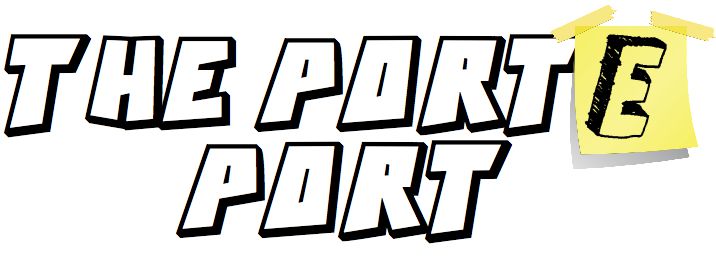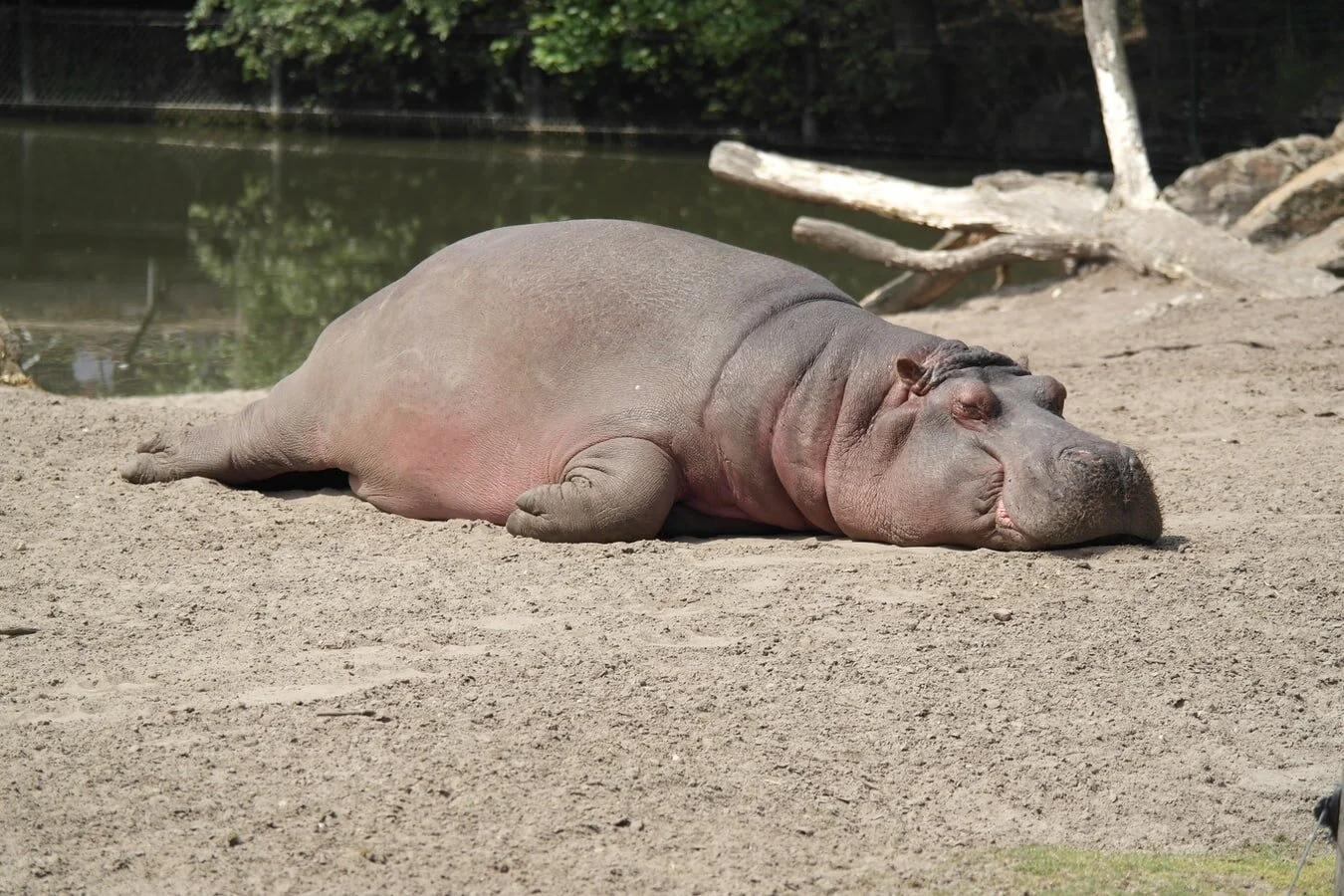The Adventure Zone and Telling Stories Together
Once upon a time, I refused to play Dungeons and Dragons. But my brother hounded me. He knew I just needed to have my geekiness cross over into a more advanced state.
This is…advanced geekiness
It had a stigma to me.
Dungeons and Dragons was so far down the nerdy pipeline that even this video game-loving, MST3K quoting, wanna-be Hobbit didn't want to admit that it intrigued me.
Was I really someone who could sit around the table, licking Cheetos dust off my fingers, screaming "I fire an arcane bolt!" while rolling a dice made by a madman?
The answer, of course, was yes.
You create a character, develop a backstory, help tell a living story, and try to find the best ways to make the Dungeon Master throw away the pages of notes they prepared for the night.
It's communal, yet it carries this image of a stereotypical geek, pimple-faced and anti-social, raging over the rules of a game everyone is making up in their heads.
Then there's something more.
There's storytelling. There's connection, not only to the characters being created on the spot, but to each other as players. If I’m going to preach the value of writing like a geek, then D&D falls right into that sermon.
This is perfectly showcased in The Adventure Zone.
For those of you who haven't tried, or have no idea what The Adventure Zone is, there's an incredible snazzy trailer for the main storyline of the podcast. It literally distracted me for a while trying to write this.
The McElroy brothers and McElroy dad (McEldad?) play through a campaign of Dungeons and Dragons, and what starts out as, who can make the other laugh the most, ends with some of the most touching storytelling I've come across.
This is just Dungeons and Dragons, right? It's just that thing super-geeks do, then tell no one about because they are too embarrassed that their Friday night consisted of fighting off hordes of goblins with friends, rather than going out and getting shitfaced with strangers like a normal person, right?
It comes down to relatability. There are 106 thousand people (200K as of editing an updated version) that follow The Adventure Zone on Twitter.
How can something as simple, nerdy, and unimportant as Dungeons and Dragons be so relatable?
It's simple: the characters.
Dungeons and Dragons has the unique ability to allow, not just for a story, but a story being created on the spot by multiple people simultaneously.
The story itself comes from unity. So many characters being created by various people means those characters will be influenced by dozens of memories, interests, fears, and hopes.
One of the hardest things to do in storytelling is getting the audience to truly connect with the characters. It's fiction, and our brain knows it, but if the storyteller can develop real immersion, suddenly life falls away, and the story reigns supreme in our minds.
Looking at The Adventure Zone, we connect to these characters early because they are insanely entertaining.
If you watched that little trailer above, the whole “you threw my dog in the fire” part happens fairly early on in the podcast. The exchange, as two of the McElroy brothers and their dad argue with this dungeon boss, is so historical that I literally had to pull my car to the side of the road because I was crying laughing.
That's all it takes. One moment of connection can make a character feel real. When the story takes more serious turns, when these characters are put in danger, or worse, have to deal with loss, the audience resonates.
This is layered upon because The Adventure Zone also features episodes where they all stay out of character and talk about the influences and ideas that went into making the show.
Again, this group of people out to entertain the hell out of you makes connecting points in serious ways. There are a few times they mention the loss of their mom and how it affected the story.
There was a theme of "choosing joy" in the story, and the McElroys said that was from their mom. The characters I already care about have even more meaning now!
It would be hard to have this kind of behind the scenes connection in another medium. If you asked the actors in a movie to connect their own backgrounds to a character they play, sometimes you get something from their past that really influences how a character is portrayed, but ultimately it's not their character.
In Dungeons and Dragons, the actors create the characters from scratch themselves. It's true communal storytelling. There isn't much quite like it.
There's something powerful there. We need to tell more stories together.
Storytelling is how we all connect. From the moment we learned to speak to each other as a species we were telling stories.
We sat around a fire telling the tales of the hunt. We tried to explain the world around us. And we influenced each other to become something more because of stories.
They passed on the meaning of what it meant to be human. What was right. What was wrong. What we all feared.
And those stories stuck in our minds all the more because our brains love remembering a good story.
Every great leader and speaker uses stories to frame their point. They know that’s how we connect to the meaning.
And to each other.
There’s something to telling a story together that connects us in a way that takes us back.
To the beginning.
If you want to geek out some more and become a better storyteller in the process, sign up for my newsletter. We will talk dive into our favorite movies, shows, games, and books to learn storytelling techniques from the best. Check it out:







